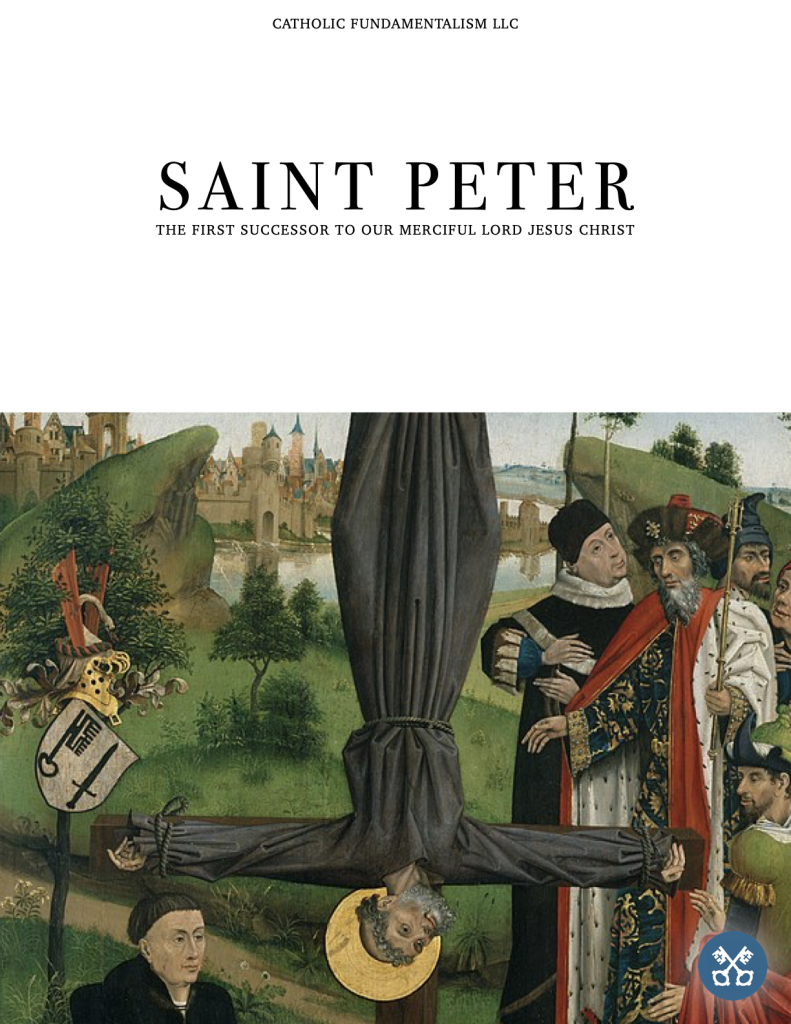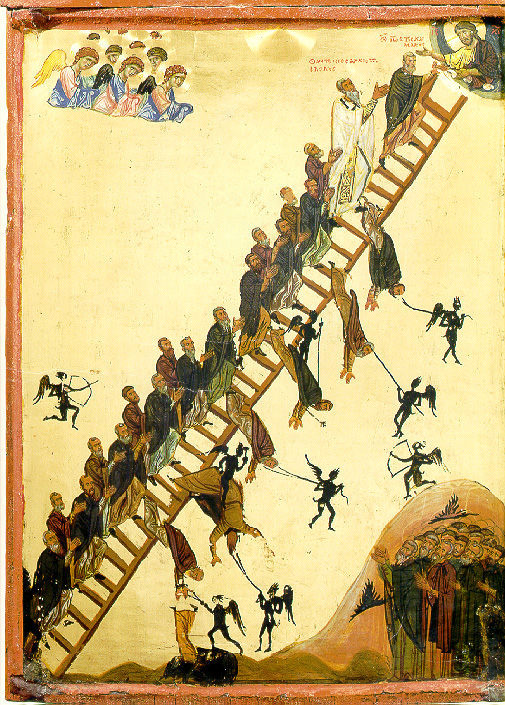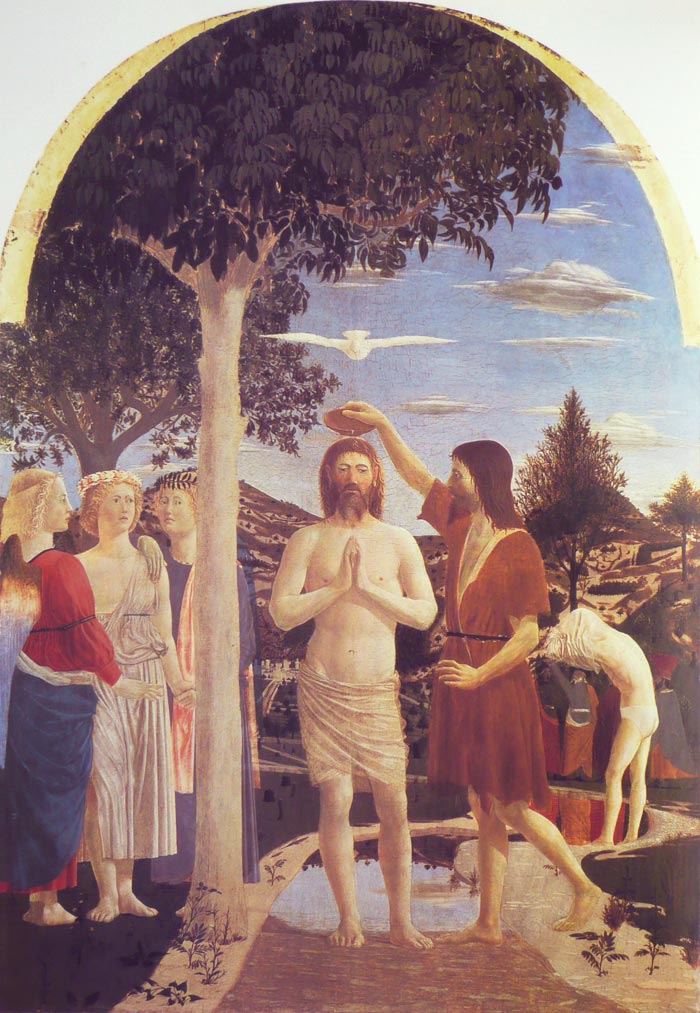When Mary took a pound of very expensive ointment, pure nard (beginning of John: 12) and anointed Jesus’ feet with it, Judas complained, “Why wasn’t this ointment sold for three hundred denarii and the money given to the poor?”
Jesus replied, “Leave her alone; she had to keep this scent for the day of my burial. You have the poor with you always, but you will not have me.”
In a few generations, Christians began building huge churches and cathedrals. They were often decorated with expensive gold and silver. Many paintings, books, candlesticks, and chalices were encrusted with jewels.
This caused complaints that are repeated to this day. “Why aren’t these things sold and the money given to the poor?”
Through history, the people who do such complaining, like Judas, want to get the money for themselves. John described Judas’s complaint for Judas and all those who wanted access to believers’ money in the future. “He (Judas) said this not because he cared about the poor, but because he was a thief. He was in charge of the common fund and used to help himself to the contributions.” (John 12; 6)
Today, the spiritual heirs of Judas are the first to say that any wealth that any church has should be sold and given to the poor. They, of course, want to be the ones that do the selling and the giving.
When the Roman Empire was centered in Greece, waves of Iconoclasts (icon-destroyers) came forward, demanding that the churches be denuded of their valuables. Sometimes the Iconoclasts took over. Other times, those who knew how important it was that Jesus be celebrated were in charge.
After the Iconoclasts were defeated, the Church became resplendent in manifestations of the love of God. The Iconoclasts did not disappear. Instead, they went through various iterations before becoming Puritans.
Similar, but “righter” purists became Quakers. The Quakers in recent generations have became Democratic activists, with authority from the government given them to help themselves to the common fund and waste countless billions upon projects that make poverty more inevitable than ever.
Now, the Iconoclasts have left all pretence of religion behind them. They became, first, Communists, and today are environmentalists. Everywhere they go, the assault on joy continues.





